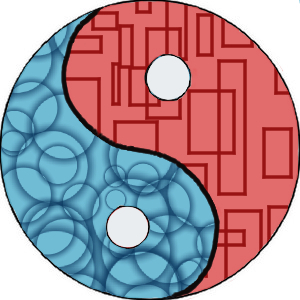Organisational Psychology and Appreciative Inquiry: Unifying the Empirical and the Mystical
ABSTRACT
The PILAR model of collaboration contains five perceptions of collaboration held by group members: prospects, involved, liked, agency and respect that occur in idealised collaboration, which presumes voluntary membership, sincere commitment and equal member power. PILAR is used to explain the strengths and weaknesses of two contrasting perspectives on collaboration: qualitative (Appreciative Inquiry: AI) and quantitative (organisational and industrial psychology: OIP).
€0.00




Comments
There are no reviews yet.